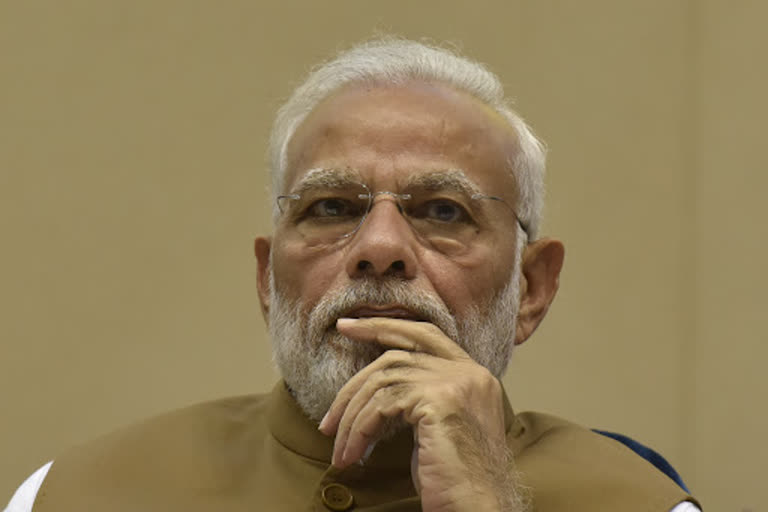New Delhi: Prime Minister Narendra Modi’s government promised to spend over Rs 3 lakh crore in FY 2019-20 in providing relief to the needy sections of the society.
This assistance, which is given to poor people and farmers in form of food, fuel and fertiliser subsidies, constitutes more than 10% of the total budgeted expenditure of the central government which has been pegged at around Rs 28 lakh crore in this fiscal.
Last year, finance minister Nirmala Sitharaman allocated Rs 1.84 lakh crore for food subsidy which was an all-time high. However, experts believe that this amount may go up substantially in this year’s budget due to a massive increase in the minimum support prices (MSP) announced by Prime Minister Narendra Modi ahead of the Lok Sabha elections.
“The cost of procurement has gone up. The government has increased the minimum support price substantially.
It is bound to have an impact on the food subsidy bill in this year’s budget,” said Ashok Vishandass, former chairman of the Commission for Agricultural Costs and Prices (CACP).
In 2017-18, the total subsidy bill of the Union government on three principal subsidy heads food, fuel, and fertiliser - was just Rs 1.91 lakh crore, which went up to Rs 2.66 lakh crore in 2018-19(RE), a sharp jump of nearly 40%.
Though there was a marginal increase in fuel and fertiliser subsidies, the biggest increase was registered in the food subsidy bill which went up from Rs 1 lakh crore to Rs 1.71 lakh crore within a year.
Agriculture sector experts attribute this massive rise of 70% in the food subsidy bill in just one year to several factors such as the increasing cost of procurement, massive storage requirements for providing subsidized food grains to a vast majority of Indian poor.
In his bid to woo back his support base among the farming community ahead of crucial Lok Sabha elections in April-May 2019, Prime Minister Modi in June 2018 announced that the minimum support price (MSP) of staple food grains will be set at 150% of the cost of production.
